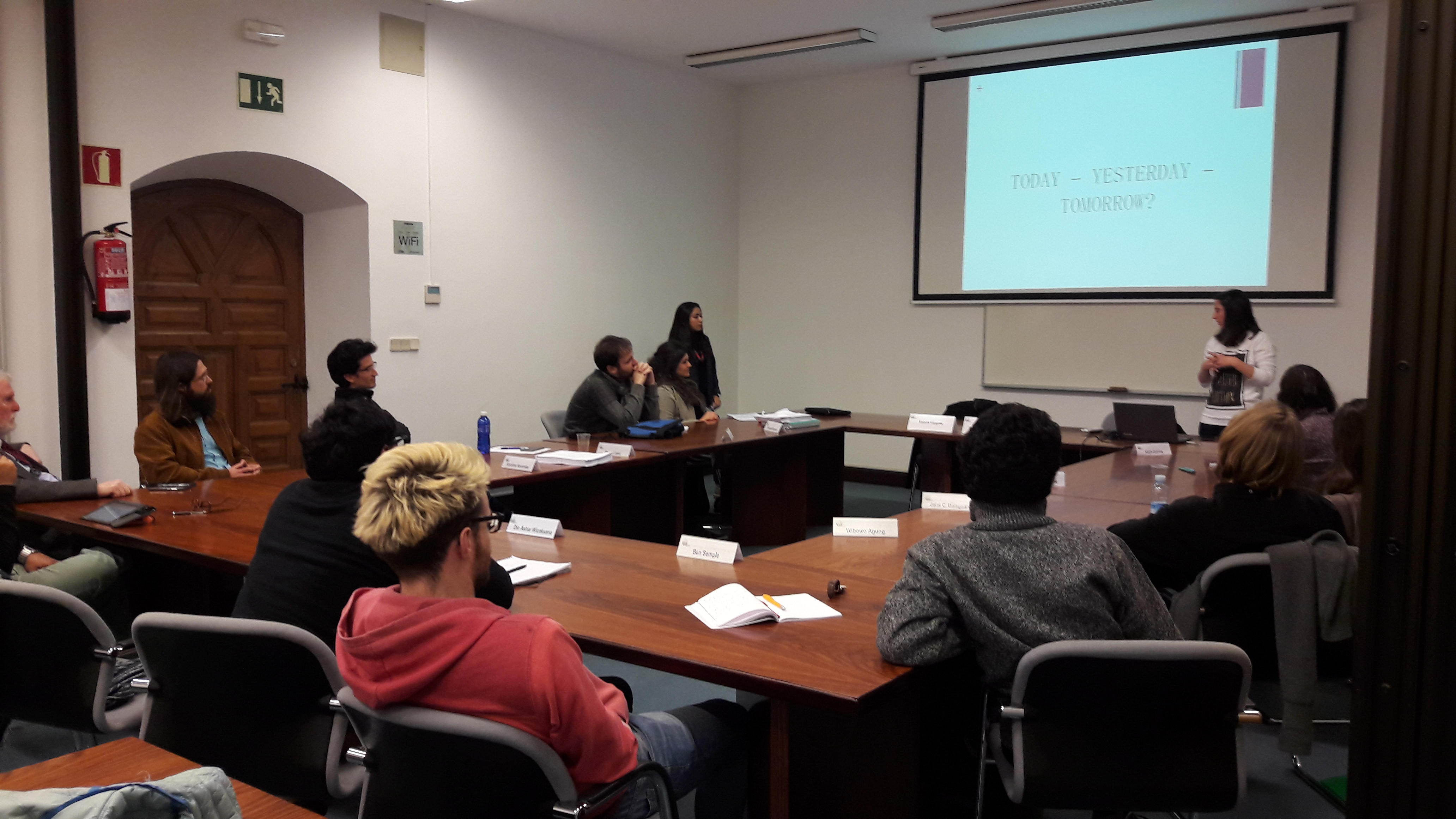Transitional Justice in South Africa and Colombia: In Conversation

Building on our empirical experience and theoretical work in transitional societies such as Spain and the Basque Country, and most recently in Colombia and South Africa, this presentation aims to put in conversation one of the most lauded transitional justice processes—South Africa—and the most recent conflict termination settlement—Colombia. Transitional Justice as a field emerged in the 1980s as a response to deal with the social, political, and legal legacies of violent conflicts and/or state oppression. Traditionally, transitional justice has been understood as the implementation of legal and political mechanisms aimed at redressing past wrongs in order to help a society transition as peacefully and fairly possible to inclusive forms of ‘living together’. However, since transitional justice emerged as a field of practice and study, societies have grown in complexity, leading to new and deeply challenging questions concerning the social, political and legal aspects of ‘justice’ in transitional societies. By analyzing the similarities and differences of the South African and Colombian transitional contexts we seek to open up a discussion on crucial issues addressed in both the South African and the Colombian peace agreements, such as public participation, DDR population, and land reform. The presentation will conclude with a Q&A space on the model, challenges and long-term outcomes of transitional justice. Additionally, as Oñati graduates, we are happy to share tips on the thesis writing process!
Ainhoa Martínez Miguel is Business Development Manager in GCON4 Group in Colombia, and an MSc candidate in Strategic Marketing at the London School of Business. Ainhoa has held diverse positions in civil society organizations and government agencies in Spain, Mexico and Colombia. Her work focuses on human rights, environmental conflicts, and market analysis for non-profit organizations. Prior to her position at GCON4, Ainhoa has been Professional in Foreign Service for the Government of the Basque Country in Colombia, Professional in International Trade at SPRI-Basque Trade Commission in Colombia, Peacebuilder Fellow on Water Conflicts - Center for Conflict Studies at Middlebury College, and Group Coordinator for Vitoria-Gasteiz and Board Member at Amnesty International-Spain/Basque Country. Ainhoa holds an M.A. in Sociology of Law from the International Institute for the Sociology of Law, an LL.B. (U. Deusto, Spain), Human Rights Specialization at the Human Rights School of China University of Political Science and Law, and a Diploma in Post-Conflict Studies, Humanitarian Action and Culture of Peace from the Pontificia Universidad Javeriana (Colombia).
Valeria Vázquez Guevara, is visiting scholar at the Institute for Justice and Reconciliation in Cape Town, South Africa, and an M.A. candidate in International Peace Studies at the Kroc Institute for International Peace Studies at the University of Notre Dame (US). Her research interests are concerned with the socio-legal and political dimensions of post-conflict reconciliation, which build on her professional experience in the non-profit sector in El Salvador, Spain, and South Africa, as well as in policy advocacy with Amnesty International in the Basque Country. Valeria has applied research methods to examine law and policy-making processes and the influence of domestic and international interventions in the creation of responsive regulations for reconciliation in the Basque Country, El Salvador, Iraq, South Africa, Spain and Mali. Valeria holds an M.A. in Sociology of Law from the International Institute for the Sociology of Law, an LL.B. (U. Granada, Spain), and will commence a Ph.D. at Melbourne Law School in 2017.



